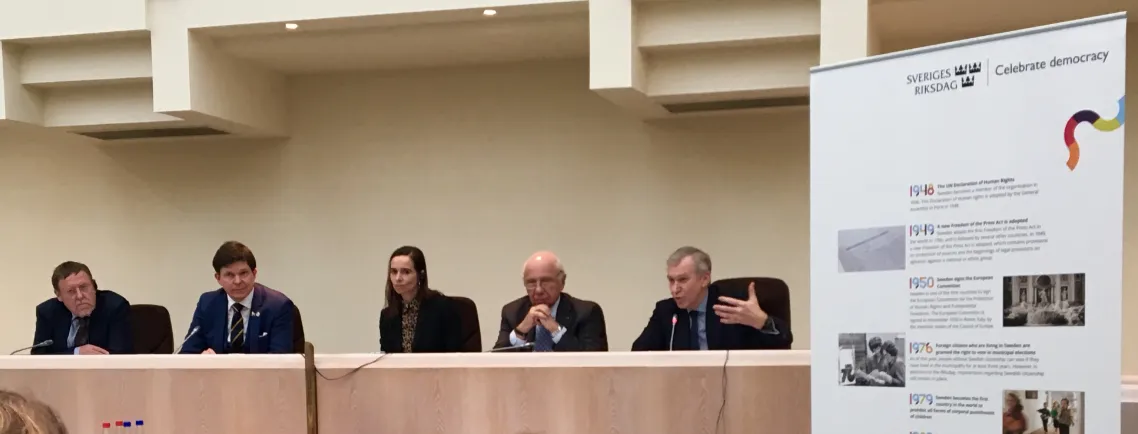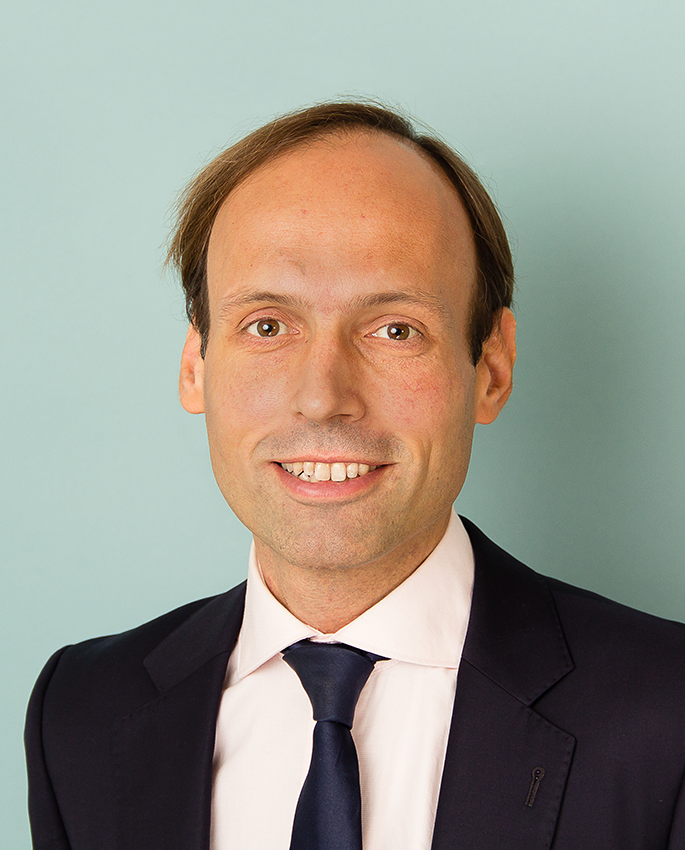Secretary-General Leterme discusses democracy in Europe during visit of Swedish Speaker to Belgium

Does a crisis of representation loom over Swedish and Belgian politics? On Tuesday, 5 February 2019, Speaker of the Swedish Riksdag, Andreas Norlén, visited the Belgian Chamber of Representatives. The occasion for the visit was the opening of the exhibition on ‘One hundred years of Swedish democracy’. In his keynote speech, International IDEA’s Secretary-General analysed the state of Europe’s democracy.
“Democratic progress in Europe has deteriorated on many levels”, Yves Leterme began by stating, referring to the findings of International IDEA’s Global State of Democracy indices. “Since 2014, more European countries have experienced democratic decline than improvement, and established democracies in Western Europe are no exception to that”.
Leterme continued by warning that Europe’s democratic decline is leading to a crisis of representation: “Two-thirds of Europeans do not trust their political parties or parliaments. This leads to disengagement and explains the rise of populist parties.” Leterme argued that instead of only relying on elections once every four years, online and offline deliberative methods are required to regain Europeans’ trust in their democracies.
In response, Swedish Speaker of parliament Norlén referred to his recent experience of leading Sweden’s government formation. “As arduous as that process was, the transparency of the negotiations showed Swedes that the system works. It gave Swedes renewed trust in their democratic system”, he explained.
President of Belgium’s Chamber of Representatives Siegfried Bracke observed an ever-widening system of citizen participation. “Politics should not be a knock-out match. It has the obligation to look for compromise”, Bracke argued.
A broad consensus among the attending parliamentarians and diplomats emerged that European democracy is in flux. “Society is changing faster than ever before”, Leterme ended by saying. “To match that, we have to invest not only in a wider range of democratic instruments, but also in the democratic culture that enables these instruments to work”.




